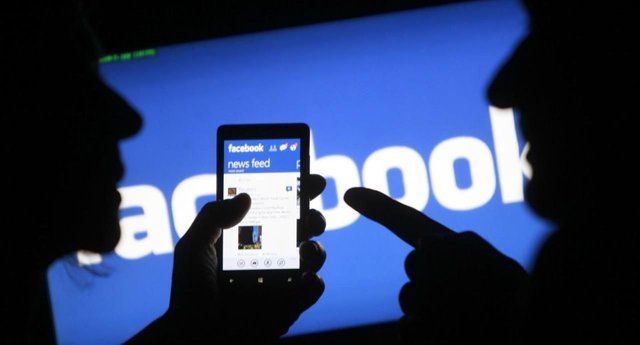Facebook Isn't take the responsibility For Fake User Account Containing Non-Consensual Pornography...?

Franco Caraccioli is a third-year law understudy in San Diego. For reasons not clarified in the assessment, somebody made a fake Facebook account named "Franco Caracciolijerkingman" and posted photographs and recordings of Caraccioli "sexually exciting or pleasuring himself." (All actualities depend on claims in Caraccioli's protestation). The court doesn't clarify how the outsider got those photographs or recordings. The administrator of the fake Franco Caracciolijerkingman account at that point sent companion solicitations to an extensive number of Caraccioli's companions, successfully scattering the photographs and recordings to Caraccioli's own and expert contacts. Caraccioli grumbled about the fake record to Facebook, which supposedly at first rebuked his takedown ask for on the grounds that it "discovered that Franco Caracciolijerkingman is a man who's utilizing Facebook in a way that takes after the Facebook Community Standards." After more grumblings, Facebook professedly changed its psyche and brought down the fake record. Caraccioli then sued Facebook for various reasons for activity.
The material government law, 47 USC 230 (Section 230), has been on the books for more than 20 years, and it's to a great degree clear: sites aren't subject for outsider substance. Caraccioli recognized that an obscure outsider made the fake Facebook account, so the court effectively reasoned that Section 230 takes out Facebook's risk for it. Caraccioli contended Section 230 didn't have any significant bearing in light of the fact that Facebook "surveyed [the fake account] and chose not to evacuate it," so this case included "article inaction instead of confirmed publication activity." Plaintiffs have unsuccessfully attempted these contentions ordinarily some time recently, and the contentions didn't work this time either (the judge refers to, among different cases, Sikhs for Justice v. Facebook, Klayman v. Facebook, Fair Housing Council v. Roommates.com and Barnes v. Yippee).
Obviously, years of Section 230 prosecution have delivered a capable protecting divider encompassing on the web delegate respondents - sufficiently adequate to ensure against generally clear claims this way. This divider enables litigants to even in the Ninth Circuit, where dinky redrafting decisions like Roommates.com can give offended parties false expectation. (Like the super-dominant part of cases refering to Roommates.com, this court refered to it to help the resistance). This resistance good divider doesn't debilitate when outsider posted non-consensual erotic entertainment is included. For instance, this decision is reliable with the uncited GoDaddy.com v. Toups case (the Texxxan case), where a Texas state investigative court held that Section 230 shielded GoDaddy from lawful obligation for facilitating third gathering content that included non-consensual explicit entertainment.
In spite of the fact that we're thoughtful to how the fake record hurt Caraccioli, he picked the wrong respondent. On the off chance that Caraccioli could discover the culprit, he ought to have significantly more noteworthy accomplishment in court. I'm keeping up a list of more than 15 unpublicized non-consensual obscenity situations where offended parties have won in court (I want to review this exploration not long from now), and Caraccioli's actualities are like some of these different decisions. Caraccioli simply needs to let Facebook well enough alone.
The court's sentiment has two other important focuses. To start with, Caraccioli belatedly tried to include an exposure rights guarantee against Facebook. The court doesn't enable him to do as such in light of the fact that Section 230 likewise appropriates attention rights guarantee in the Ninth Circuit (in view of the uncited ccBill case). Second, Facebook contended that its Terms of Service (TOS) blocked Caraccioli's case, independent of Section 230, in light of the fact that the TOS says things like "We are not in charge of the lead, regardless of whether on the web or disconnected, of any client of Facebook." The court says these disclaimers, which Caraccioli sanctioned by refering to the Facebook TOS in his protest, nullified the "republication" component required to build up a few of Caraccioli's cases. This is a novel examination by the court, and it could move other online specialist co-ops to incorporate or grow comparable self-serving disclaimers of duty.
Great article!
Thanks brother...!